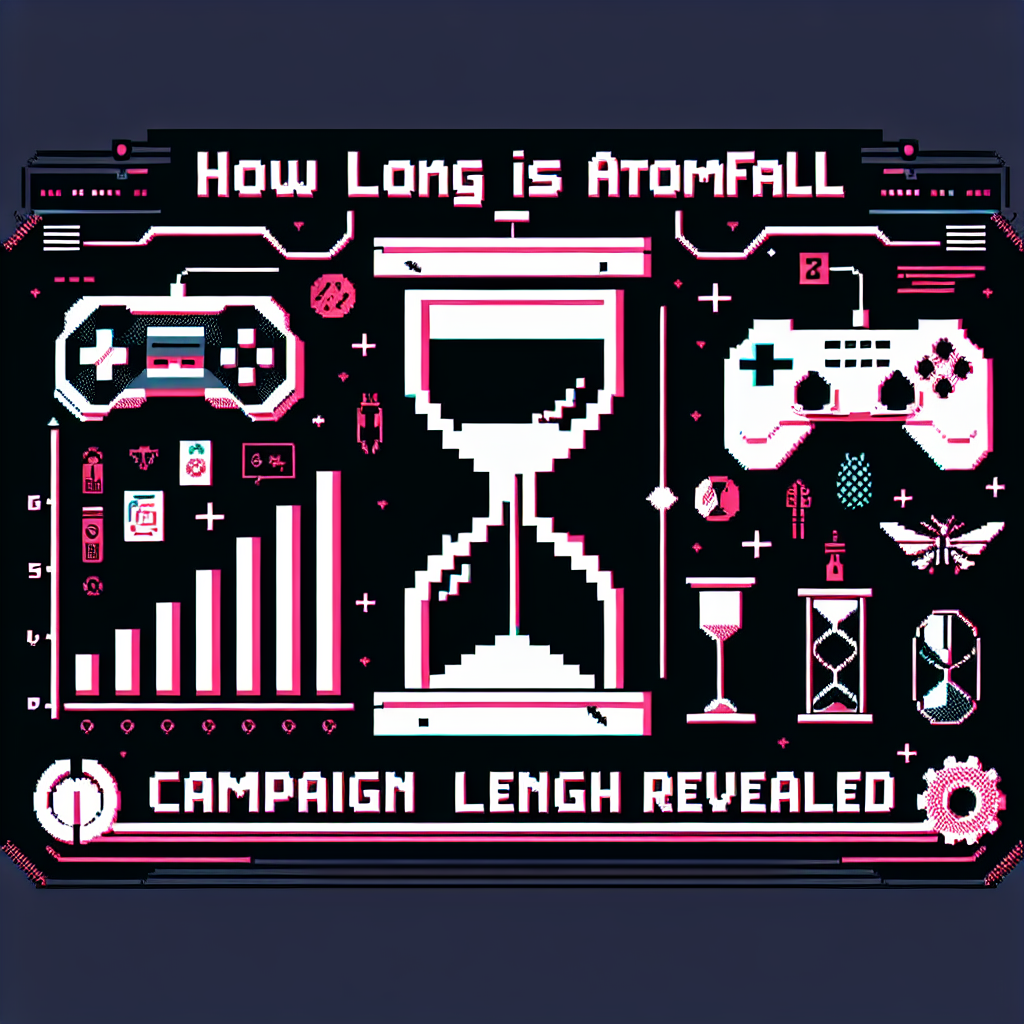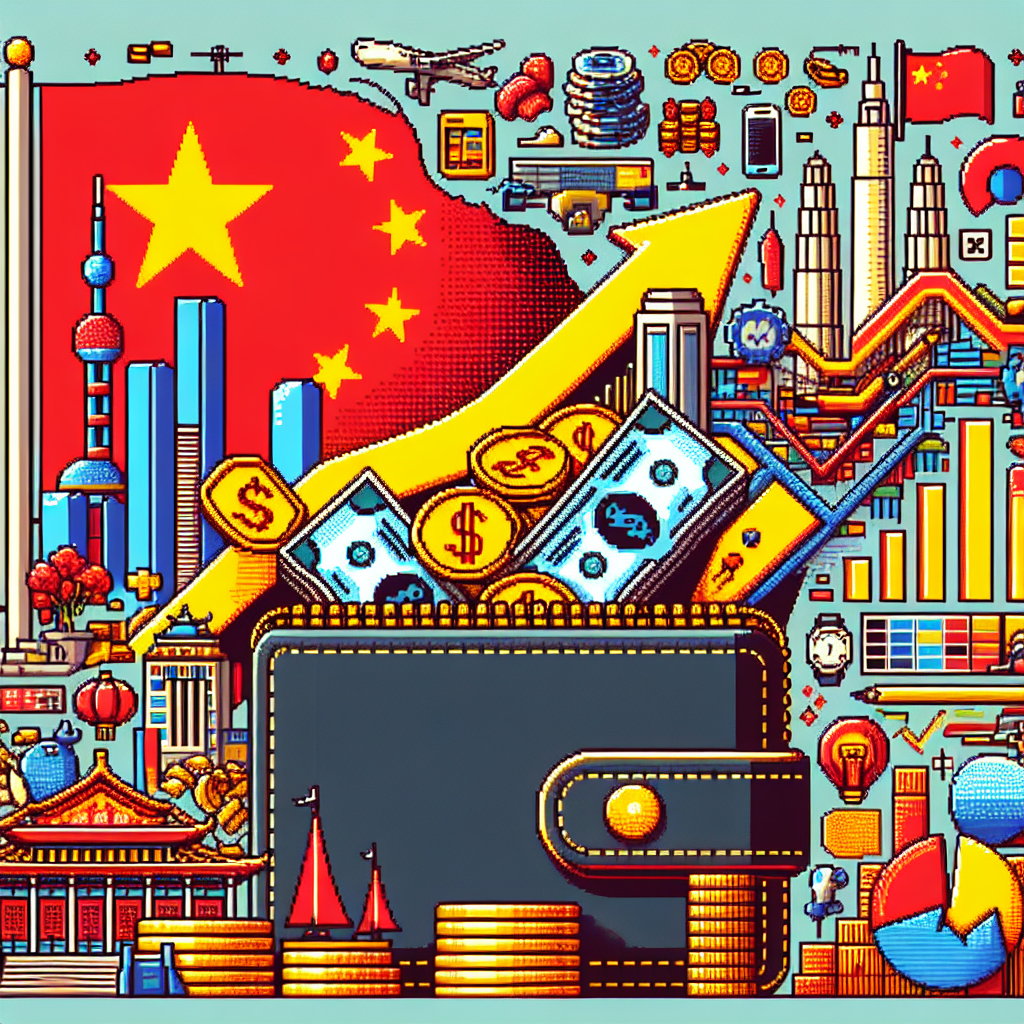Take-Two CEO Says Lack Of GTA 6 News Is To "Create Enormous Anticipation" - Insider Gaming | Analysis by Brian Moineau
Title: The Art of Anticipation: Why Take-Two's Silence on GTA 6 is a Masterstroke
If you're a fan of video games, you've probably found yourself repeatedly searching for "GTA 6 news" only to be met with radio silence. But fear not, fellow gamers, as this silence is all part of an elaborate plan. Strauss Zelnick, CEO of Take-Two Interactive, recently revealed in an interview with Insider Gaming that the deliberate lack of updates on the much-anticipated Grand Theft Auto 6 is intended to "create enormous anticipation." And honestly, it's working like a charm.
The Power of Anticipation
In a world where instant gratification is the norm, Take-Two's approach to building suspense is almost revolutionary. By withholding information, they're creating a frenzy of speculation, fan theories, and sheer excitement that any marketing team would envy. This strategy taps into a fundamental human trait: the thrill of anticipation. There's a reason why the wait for a blockbuster movie, a season finale, or a long-awaited book release often feels as thrilling as the event itself.
Consider the build-up to the release of the iPhone each year. Apple consistently keeps its cards close to its chest, leading to a whirlwind of leaks, rumors, and predictions. This secrecy transforms every launch into a global event, with fans lining up outside stores, eager to be among the first to experience the latest innovation. By keeping GTA 6 under wraps, Take-Two might just be crafting a similar phenomenon in the gaming world.
Strauss Zelnick: The Man with the Master Plan
Strauss Zelnick is no stranger to the art of intrigue. Under his leadership, Take-Two has become a powerhouse in the gaming industry, consistently delivering high-quality, engaging content. Zelnick's background in entertainment and media has undoubtedly shaped his understanding of audience dynamics. His strategic prowess is evident not only in the GTA series but also in other successful franchises like Red Dead Redemption and NBA 2K.
Zelnick's decision to maintain radio silence on GTA 6 aligns with his broader philosophy of focusing on quality and letting the product speak for itself. In an age where overhype can lead to disappointment, Zelnick's measured approach ensures that when GTA 6 finally does see the light of day, it will be worth every second of the wait.
Drawing Parallels with Other Anticipated Events
The strategy of building anticipation isn't limited to the gaming industry. In the world of sports, for instance, the FIFA World Cup is a testament to how anticipation can captivate millions. The months leading up to the tournament are filled with excitement, predictions, and debates, all of which enhance the viewing experience when the games finally begin.
Similarly, in the realm of entertainment, the Marvel Cinematic Universe has mastered the art of anticipation. Each teaser, trailer, and post-credits scene is a carefully crafted piece of a larger puzzle, keeping fans on the edge of their seats for years.
Final Thoughts
While the wait for GTA 6 may feel interminable, it's important to remember that anticipation is part of the experience. Take-Two Interactive, under the leadership of Strauss Zelnick, is weaving a complex narrative of suspense and excitement that will likely culminate in a groundbreaking release. So, let's embrace the wait, enjoy the speculation, and prepare ourselves for what promises to be an unforgettable addition to the Grand Theft Auto legacy.
In the meantime, maybe it's worth diving back into Los Santos for some nostalgic chaos or exploring other gaming worlds while we await the next chapter in the GTA saga. After all, good things come to those who wait.
Read more about AI in Business










